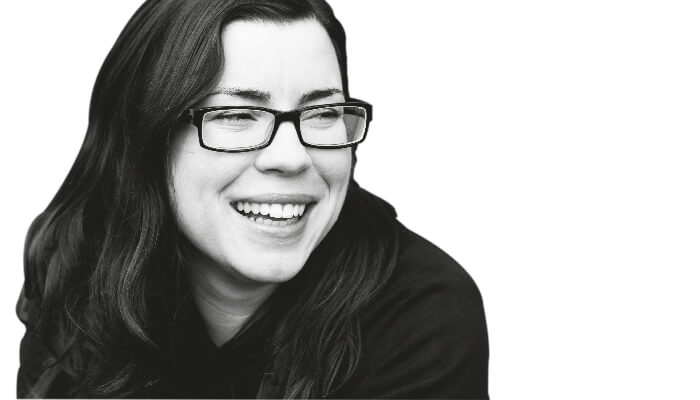The feature this month, which previews the exciting topics coming up at Recent Advances in Food Analysis (RAFA) 2019, contains some provocative comments from our expert panel – food for thought, if you’ll forgive the pun.
All three panelists agree that the future of food safety and authenticity testing lies not in increasingly sophisticated lab tests, but in handheld devices (food scanners) that can be used in the warehouse, the supermarket, and even at home. With analytical devices becoming ever smaller and more userfriendly, it’s a trend that reaches further than food analysis.

But the move from lab to home comes with risks. I was particularly struck by Michel Nielen’s thoughts on consumer level testing:
“It’s easy to imagine a future society in which everyone has the ability to conduct food analysis. I do not doubt that consumers would trust themselves in spite of the poor-quality device they might use to conduct it, and in whatever fashion they would apply it.”
The consequences of unreliable at-home testing could be serious, says Nielen. Bad news travels fast in today’s connected world and could have a damaging effect on public confidence in analytical measurements more generally. To that end, portable tests must be regulated as stringently (or even more so) than lab-based instruments, and allow for less-than-perfect conditions (and less-than-perfectly-trained operators).
Yes, there are risks, but the potential is exciting. For someone with food allergies, being able to test your food using smartphone-based technology would remove some stress from day-to day life. But on a larger scale, the ability to collect data from thousands or millions of people brings a new meaning to Big Data and could revolutionize medical and environmental studies.
Ultimately, rapid, portable analytical testing could make everyone an analytical scientist – and, as far as I’m concerned, that is no bad thing!




